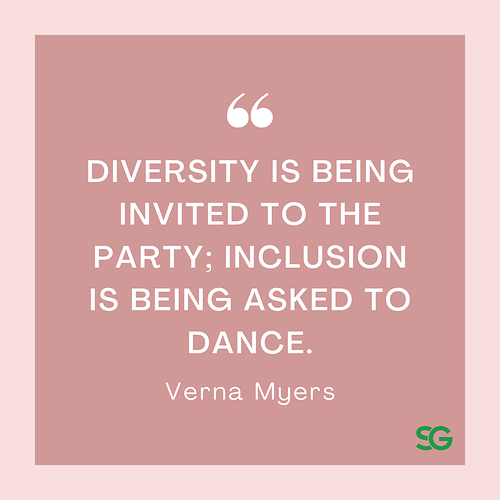In recent years, one of the most transformative “trends” in the mental health arena has been the growing recognition and acceptance of neurodiversity. Which on the one hand is amazing and the other, like, who are we to judge someone else sitting at the mental health roundtable? Haven’t we all been judged enough that we know better than to judge, but we digress. We are finally becoming evolved enough to realize that our neurological differences are natural variations in the human brain, not deficits or disorders. This blog explores how the embrace of neurodiversity is reshaping perceptions, policies, and practices in mental health.
Understanding Neurodiversity
Neurodiversity encompasses a range of neurological conditions, including autism, ADHD ,dyslexia, among others. The neurodiversity movement rightly asserts that these are not flaws needing correction but are part of the diverse spectrum of human neurology. If we stop looking at our differences as flaws, but as just differing abilities, we start modeling what acceptance and support looks like and it is a very good look.
Shifting Perceptions
The shift towards neurodiversity is changing how society perceives mental health and neurological conditions. Our opinion is to stop thinking of neurodivergent individuals through the lens of one of Hollywood’s scripted examples. We all know someone who falls under this category, but we may not KNOW if that makes sense. Let’s move away from a deficit-oriented view to one that recognizes the unique strengths and perspectives that neurodivergent individuals bring to the table. Our world is big, our hearts are big, we have the capacity to allow everyone a chance to thrive.
Impact Employment
In the workplace, the neurodiversity movement is leading to more inclusive hiring practices. Companies are rightly beginning to recognize the value of neurodivergent employees who often bring unique problem-solving abilities, attention to detail, and innovative thinking. Forward-thinking organizations are implementing programs specifically designed to recruit and support neurodivergent individuals.
Mental Health Practices
The acceptance of neurodiversity is also influencing mental health practices. Therapists and clinicians are increasingly adopting approaches that respect neurological differences and focus on empowerment and self-advocacy. Our world is getting better at inclusivity, but it isn’t there yet.
Challenges and Opportunities
Okay, so it’s not perfect yet. There’s still some stigma and confusion hanging around, and we need to keep spreading the word and fighting the good fight. More research and resources would be a big help, too, making sure everyone gets the support they need to thrive.
Embracing neurodiversity is like opening up a whole new world of understanding and acceptance in mental health. It’s making our society richer, more colorful, and way more inclusive. By celebrating how each person’s brain works, we’re not just helping neurodivergent folks; we’re making life better for everyone. So, let’s keep this conversation going and make the world a place where every kind of mind is valued!
All the best-SG
